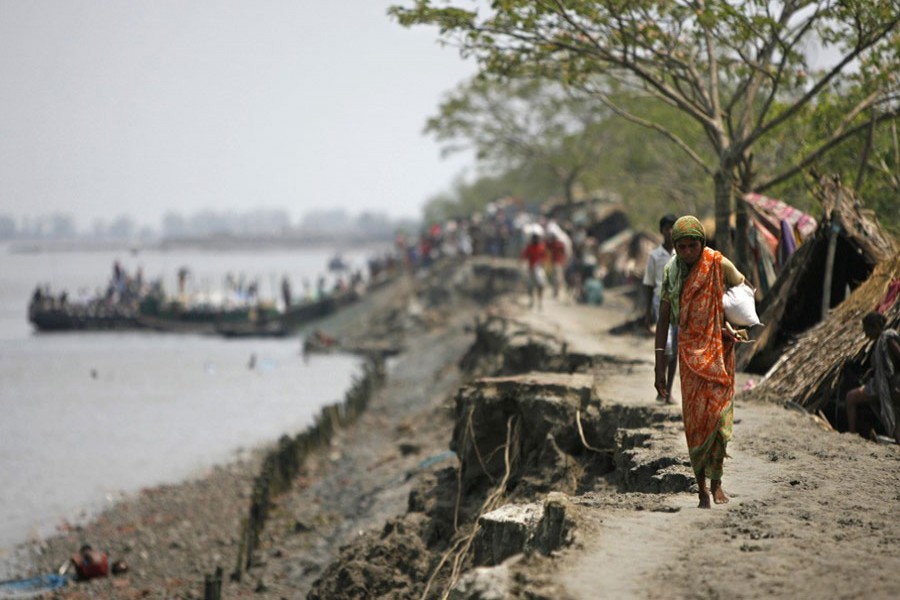Bangladesh, as one of the most vulnerable countries of climate change, needs to take a preparedness policy urgently and increase investment in key areas to build a climate resilient health system, said a renowned public health expert in the city Tuesday, reports BSS.
"Climate change has an accumulative impact on public health. Bangladesh as a vulnerable country that has to face flood almost every year needs to take immediate preparedness and management programme to cope with the climate change related health risks," said Dr. Thamarangsi Thaksaphon.
Dr. Thaksaphone, Director, Non-Communicable and Environmental Health of World Health Organisation (WHO) Regional Office of South-East Asia was speaking at a media orientation programme in the city prior to the five-day 17th Regional Committee session of WHO South-East Asia Region that formally begins in the picturesque city of Male today (Wednesday).
The WHO expert however, emphasised the need for setting up climate resilient healthcare facilities, adopting health policies with inclusion of climate change risks, recruit technically competent adequate workforce, integrate disease monitoring and surveillance, mobilising fund to minimise climate induced health risks.
He pointed out that heat wave, injuries and drowning due to extreme weather pattern, several vector borne diseases like diarrhoea, malaria, dengue, chikungunya and overall malnutrition are the major diseases caused by climate change in the South-East Asia region.
"With the erratic weather pattern due to adverse impact of climate change, a large number of people in the South-East Asian region are likely to be worst affected by the diseases," he added.
He said 250,000 deaths are caused annually in the world by adverse effect of climate change.
Swarup Kumar Sarkar, Director of Department of Communicable Disease of WHO Regional Office of South East Asia, also made a presentation on Hepatitis while Dr. Pem Namgyal, Director, Family Health, Gender and Life Course of WHO on Micelles and Rubella and Dr. Ahmed Jamshed Mohamed, Regional Adviser of WHO on Vector control also spoke.


